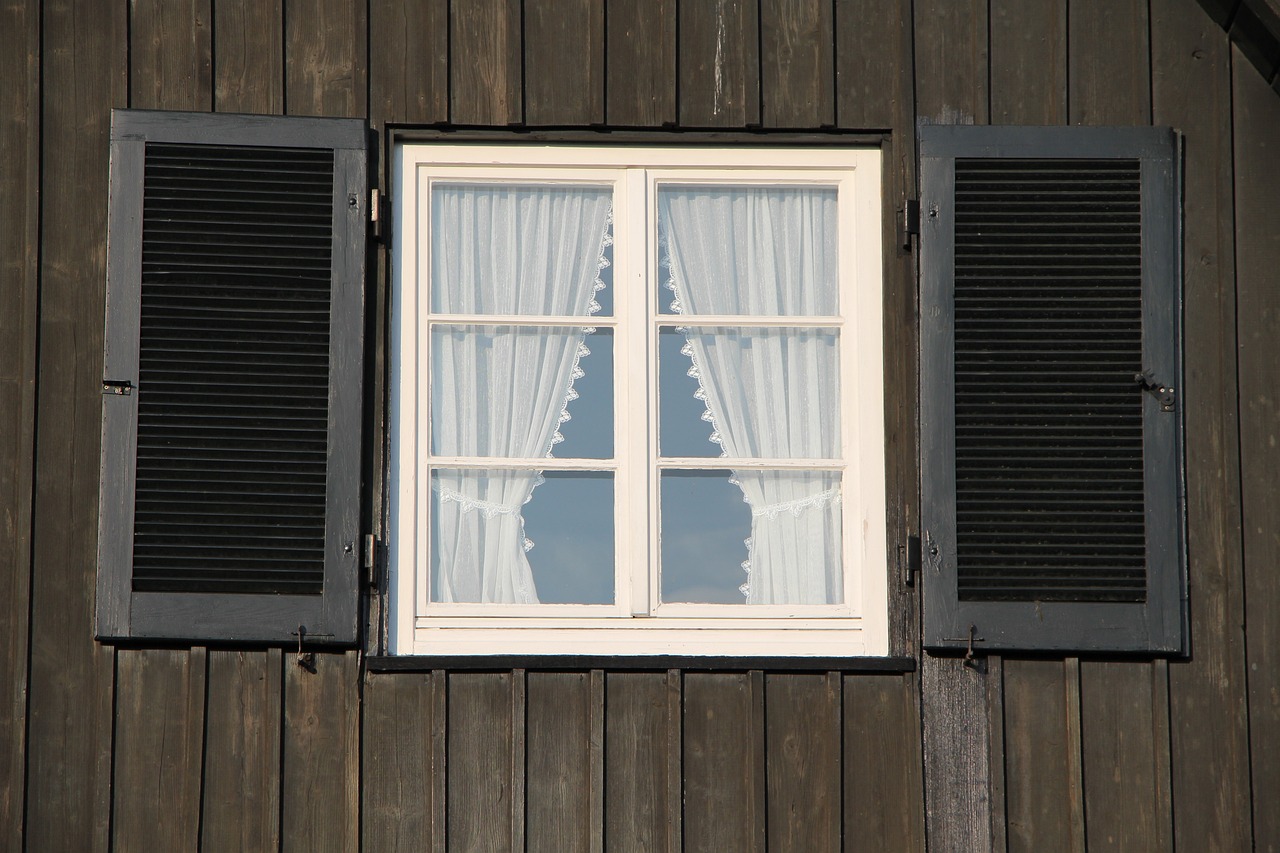
28 Nov My wife died. What about cost basis, taxes for our home sale?
Photo: pixabay.comQ. My wife and I bought our home in October 2011. Unfortunately, my wife passed away in March of 2020. I plan on selling my home in 2025 when my daughter graduates from high school. I know the first $250,000 of capital gains on a house is tax exempt for a single person. Given the fact that my wife and I lived in the house as a married couple up until the time of her passing in 2020, would I be able to get a higher portion of tax exemption on capital gains than $250,000?
— Solo
A. Our condolences on your wife’s passing.
On the capital gain, we have some good news and some bad news for you.
The federal tax code, which is also followed by New Jersey, excludes from taxation a portion of the gain on the sale of a principal residence used for a period of at least two out of the five years preceding the sale date, said Neil Becourtney, a certified public accountant and tax director with Smolin, Lupin & Co. in Red Bank.
The exclusion is $500,000 for a married joint filer and $250,000 for all other filers, he said.
“The Internal Revenue Service does recognize that a widower often will sell a principal residence as a single taxpayer that would have qualified for the $500,000 exclusion had the spouse not died,” he said. “As addressed in Publication 523, there are a number of rules that must be met to obtain the higher exclusion, the primary rule being that the sale takes place within two years of the spouse’s death.”
Also note that another rule bars the higher exclusion if the widower has remarried by the date of sale.
Becourtney said in your situation, you are beyond the timeframe.
However, he said, because you owned the residence jointly with your wife, her share gets a step-up in basis to the value at her date of death.
That makes your cost basis one half of the historical cost including any capital improvements — your share — plus one half of the value as of March 2020 — her share.
“If the 2020 value exceeds the historical cost for your home that was purchased 8½ years earlier, your gain prior to the $250,000 exclusion will be reduced via the increase in the cost basis,” Becourtney said. “Don’t forget when calculating the gain all closing costs you incur on the sale including realtor commissions, legal fees and transfer taxes reduce the gain.”
Email your questions to .
This story was originally published on Nov. 28, 2023.
NJMoneyHelp.com presents certain general financial planning principles and advice, but should never be viewed as a substitute for obtaining advice from a personal professional advisor who understands your unique individual circumstances.

